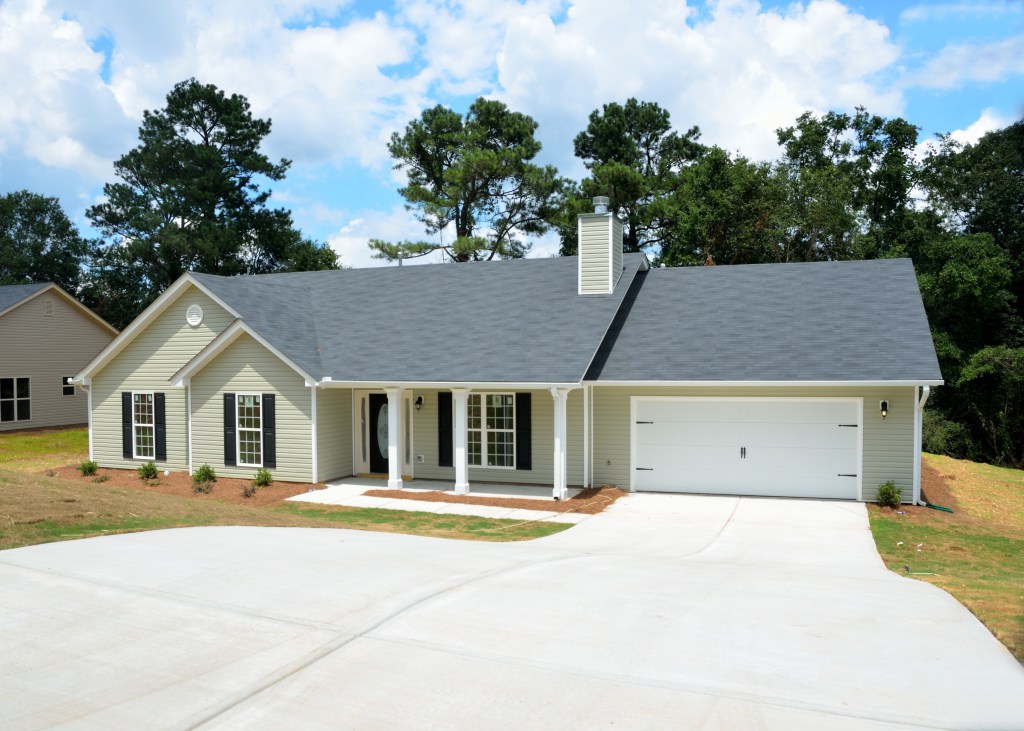Any business that frequently profits from the sale of an asset is classified as an active business. The profit you make could come from selling a vehicle, a piece of inventory, or even a real estate investment. Selling your own home and flipping multiple investment properties are two very different concepts in the eyes of the IRS.
If you’re actively buying homes to fix them and sell them on the property market, then you’ll be considered a “dealer” in real estate. This contrasts with the passive investment income that comes when you rent a property to another family or person. If rented properties are eventually sold, you will be taxed at far more favorable “capital gains” rates.
Determining Your Position with Real Estate Tax
The code provided by the IRS is a little vague when it comes to defining active and passive income. There are many factors to consider, including how many properties are “flipped”, whether those properties were rented or owned for a period before the sale, and how long they’re held.
Usually, a person who flips a single house after a long period of house or sells a rental property won’t be an active real-estate dealer. However, a fix and flip investor who sells multiple houses per year will be subject to a higher real estate tax rate, because their property profits are a source of income.
If you’re classed as a dealer, then the profits from your investment properties will be taxed at ordinary income rates. While there are some exceptions, this means that your profits could be taxed at a rate of 10% and 39.6%.
Calculating Real Estate Investment Tax
Ultimately, the tax that you’ll have to pay for your investment properties, and whether it’s at capital gains or ordinary rates will depend on the profit you’ve derived from your fix and flip process. To calculate the amount you’ve earned, you’ll need:
- The purchase price of the home: This includes the cost of the house and nothing else. Closing costs and other fees are best treated as “expenses” when your business is in flipping houses.
- Expenses: The expenses are the things beyond the purchase price that you needed to deal with, including loan fees, materials, taxes, professional services, and supplies.
- Profit: This is the amount that you cleared on the sale after the purchase price and expenses are considered.
In simple terms, the basic formula for calculating tax is Selling Price – Expenses = Profit. Because expenses are crucial in making sure that you can keep your taxes to a minimum, it’s important to keep track of every expense involved in a flip – no matter how small or insignificant it might seem.
How to Pay Less for Property Investments
If you’re worried about the costs of real estate tax for your property investments, then there are some things you can do to reduce the risk that you’ll be subject to ordinary income tax.
For instance, you could hold the property for a year or longer, turn your property into your primary residence before you flip and sell it, or do a “tax-deferred exchange” as part of the flip. A tax-deferred exchange allows you to roll the gains from one property to another, but you will need to hold the property for at least a year to qualify for this.


